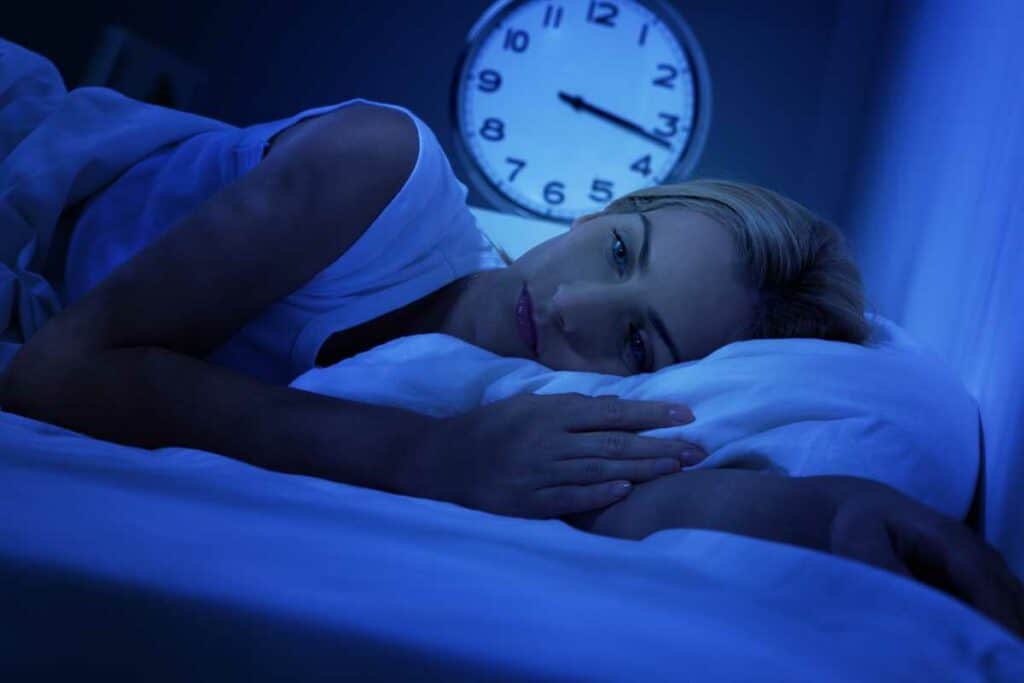Are you curious about whether espresso is bad for you or not? The popular pick-me-up beverage has long been debated for its potential health benefits and drawbacks.
From cognitive performance to energy levels, espresso has been praised for its positive effects. However, there might be some concerns for those with specific health conditions. Join us as we unravel the truth behind this potent brew and how it can affect your well-being.
To find out the answer to the question “is espresso bad for you?”, we will explore how espresso can impact your health, so you can make an informed decision about incorporating it into your daily routine.

Understanding Espresso
Espresso is a popular coffee beverage enjoyed by many around the world. To truly appreciate it, let’s explore its history, production, and ingredients.
History and Production
The origins of espresso can be traced back to Italy in the early 20th century. Its creation by Angelo Moriondo was the result of a desire to brew coffee faster, leading to the invention of the espresso machine. Today, espresso is made by forcing hot water through finely-ground coffee beans under high pressure, resulting in a concentrated, flavorful coffee.
When preparing espresso, variables such as grind size, water temperature, and extraction time play a crucial role. Mastering these variables allows baristas to create unique taste profiles and mouthfeel for each shot of espresso.
Ingredients and Caffeine Content
Espresso is composed mainly of water and coffee beans. Specific types of beans, roasting techniques, and blending all contribute to the final taste of the espresso. The choice of beans and roast level influences the flavor, aroma, and body of your shot.
Caffeine is the most notable component in espresso when it comes to health considerations. An average shot of espresso contains approximately 63mg of caffeine, though this can vary depending on factors such as bean type and brewing method.
Health Effects of Espresso

Antioxidants and Nutrients
Espresso is a rich source of antioxidants and nutrients that can benefit your health. These compounds help fight inflammation and protect your cells from damage. Having an espresso also provides certain B vitamins, magnesium, and potassium.
Short-Term Effects
When you have an espresso, you may experience an increase in alertness, focus, and energy due to its caffeine content. However, consuming too much espresso in a short period may lead to negative side effects such as jitteriness, nervousness, heart palpitations, and insomnia.
It is essential to watch your espresso intake and keep it in moderation to avoid these unwanted effects. Moderation typically means sticking to around six shots of espresso or less per day.
Long-Term Effects
Drinking espresso regularly has been linked to various potential long-term health benefits, such as a lower risk of disease and improved weight management.
In moderate amounts, espresso consumption may even promote heart health.
Excessive intake of espresso over time some believe could lead to health problems like osteoporosis, seizures, and irregular heartbeat. Keep in mind that balance is key when enjoying espresso as part of your daily routine.
Potential Risks and Side Effects

As an espresso lover, it’s essential to be aware of the potential risks and side effects associated with its consumption. You may want to read Healthline’s thoughts on the side effects of caffeine in espresso.
In this section, we will cover some of the most common issues, such as caffeine sensitivity, insomnia, and anxiety, as well as digestive issues.
Caffeine Sensitivity
Everybody’s tolerance to caffeine varies, and for some, even a little espresso can cause unpleasant side effects like jitteriness, nervousness, or increased heart rate. Depending on your personal sensitivity, you might need to moderate your espresso intake to avoid these issues.
Insomnia and Anxiety
It’s no secret that caffeine can interfere with sleep, but the high concentration found in espresso can exacerbate this problem. Drinking espresso close to bedtime can lead to insomnia or poor sleep quality.
It isn’t the same for everyone. Although I suffer from insomnia from time to time I have tried:
- not drinking coffee in the evenings
- drinking decaf
- cutting out coffee altogether
and none of it made any difference at all.
Moreover, excessive espresso consumption can also trigger anxiety due to increased jitteriness and nervousness from caffeine.
Digestive Issues
While occasional espresso consumption is unlikely to cause significant digestive problems, excessive intake might lead to issues like frequent urination, due to its mild diuretic effect, or even heartburn for some individuals. It’s essential to strike a balance and listen to your body’s signals when consuming espresso.
Moderation and Healthy Consumption
Espresso, like many things in life, is best enjoyed in moderation. While there are some health benefits associated with drinking espresso, it’s important to be aware of the recommended daily intake and opt for healthier alternatives when necessary.
Recommended Daily Intake
For most healthy adults, up to 400 milligrams (mg) of caffeine per day is considered safe. This is equivalent to about four cups of brewed coffee or two “energy shot” drinks.
Bear in mind that the actual caffeine content in beverages can vary widely. To ensure you’re within safe limits, track your caffeine consumption from all sources, including espresso, tea, and other caffeinated drinks.
Healthier Alternatives
If you’re concerned about the health effects of espresso, there are several healthier alternatives you can consider:
- Decaffeinated espresso – This option provides the taste of espresso without the jolt of caffeine.
- Herbal teas – These caffeine-free beverages come in a wide variety of flavors and offer various health benefits.
- Golden milk – A warm, comforting drink made from turmeric, milk, and spices, which boasts a number of health-promoting properties.
By being mindful of your caffeine intake and exploring alternative options, you can continue to enjoy the taste of espresso while maintaining a healthy lifestyle.
Conclusion
In summary, there are both potential benefits and drawbacks to consuming espresso. While enjoying your daily espresso can provide you with several health advantages such as improved memory, appetite suppression, and mood elevation, it is essential to exercise moderation.
Drinking unfiltered coffee like espresso may impact heart health, and some individuals can develop a dependency on caffeine if consumed in excessive amounts. Therefore, limiting your espresso intake to fewer than six shots per day is advisable.
Ultimately, it’s about finding the right balance for your own lifestyle and health. Remember, moderation is key when it comes to enjoying espresso and its potential perks. So go ahead and relish your favorite brew, but always do so responsibly.
